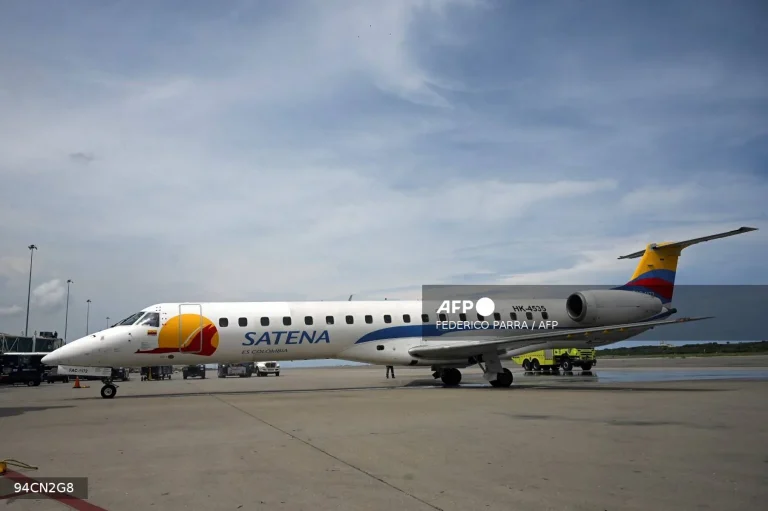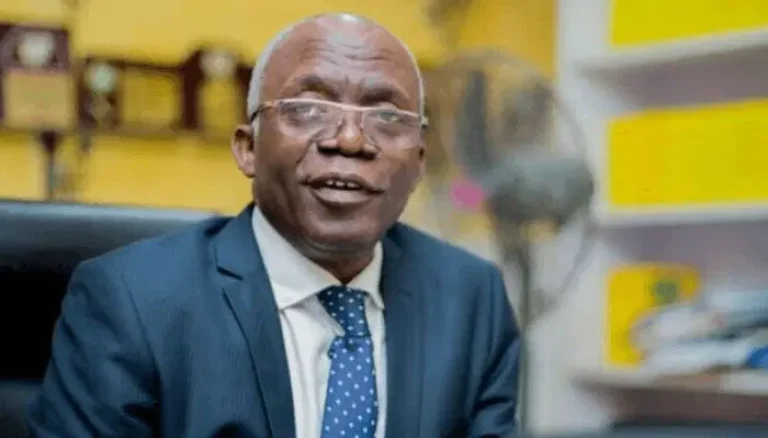
An Islamic State group militant from the UK has been jailed for life by a US court for his involvement with a notorious hostage-taking terror cell.
Alexanda Kotey, 38, pleaded guilty last September to eight criminal charges relating to the abduction, torture and beheading of IS hostages in Syria.
Kotey, originally from London, showed no emotion as judge Thomas Selby Ellis delivered his verdict.
Judge Ellis described his actions as “egregious, violent and inhumane”.
Of Kotey’s victims, the judge said: “These were not prisoners of war, these weren’t soldiers in the field…they were soldiers for good.”
Judge Ellis told the court the victims of IS hostage-taking were “undeniably heroes”.
“Countries celebrate heroes and we should celebrate these individuals who demonstrated courage, purpose and compassion under the most difficult of circumstances.”
El Shafee Elsheikh, 33, a recently convicted co-conspirator, also appeared at the sentencing.
Kotey pleaded guilty last September, while Elsheikh was convicted by a US federal jury earlier this month.
Hostages said Kotey, Elsheikh and a third man, Mohammed Emwazi, were member of an IS cell they nicknamed “the Beatles” – after the band – because of their British accents. Emwazi was killed in Syria in 2015.
A fourth man – Aine Davis – found guilty of being a senior member of a terrorist organisation and currently jailed in Turkey, is also believed to be part of the cell.
Earlier, the brother of murdered US journalist James Foley told the court he pitied the two militants “for succumbing to hate”.
Michael Foley said his brother would want them to “spend the rest of their time in prison to reflect”.
The group’s actions are said to have resulted in the deaths of four US hostages: journalists Foley and Steven Sotloff and aid workers Kayla Mueller and Peter Kassig.
They are also blamed in the deaths of British aid workers David Haines and Alan Henning, and Japanese journalists Haruna Yukawa and Kenji Goto.
Prior to the sentencing, survivors and the family members of slain hostages delivered emotional victim impact statements in the Alexandria, Virginia courtroom.
Family members described the uncertainty they felt when their loved ones were in captivity, and the pain in the aftermath of their deaths.
Judge Ellis ordered Elsheikh, who is to be sentenced in August, to be present at the hearing so that the statements need not be delivered twice by grieving families.
Kotey wore a green jumper and looked directly at family members as they spoke.
Elsheikh sat quietly with his hands in his lap. At one point he closed his eyes, prompting Shirley Sotloff, Steven Sotloff’s mother, to say forcefully: “Please do not close your eyes. Look at me. You have to do that.”
David Haines’ daughter Bethany was among those who sat through every day of the Elsheikh trial.
In her statement, she said: “I haven’t had a good night’s sleep since before my dad was taken. I wake up during the night hearing my dad’s screams as he is being tortured by these men.”
She said grief has transformed her from “a popular and bubbly person with lots of friends” to somebody who shuts herself off from the world.
Ms Haines also asked to directly address the two defendants so that she could tell them they have lost both their family and their freedom and need to repent.
“No matter what you say this was not about religion. The only thing you can do that would help the victims would be to give up the location of the remains of our loved ones.”
David’s brother, Michael Haines, told them: “You inflicted more pain that I can ever put into words.”
But he said he refused to hold onto the anger he felt at the defendants, who he said had a hold on him and his family since the hostage-taking.
“For the first time, you have no power over me and mine,” he said. “I forgive you.”
Kotey and Elsheikh are the highest profile IS fighters to face justice in the US.
The two Londoners were stripped of their British citizenship in 2018 but may yet return to the UK to face additional charges. (BBC)








